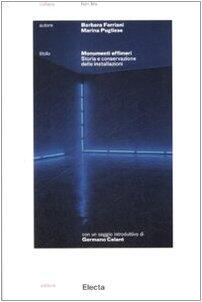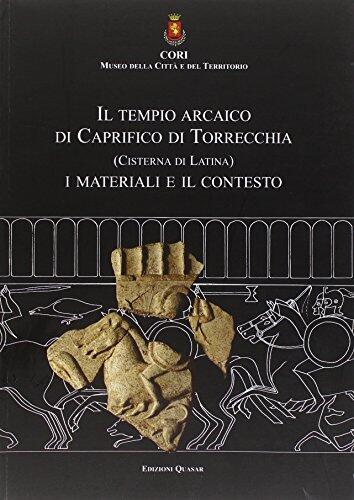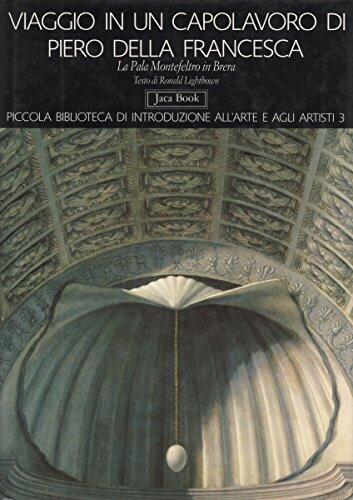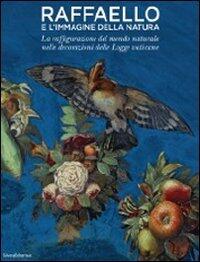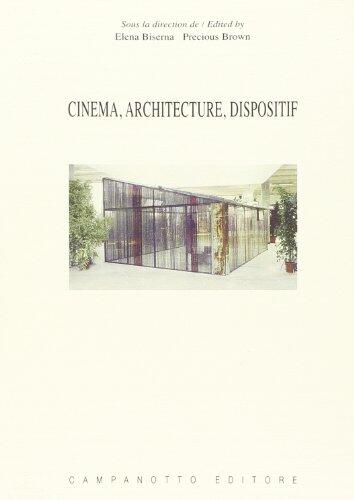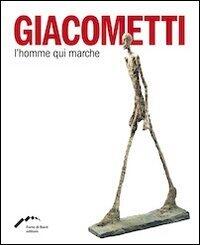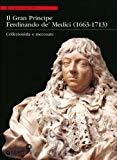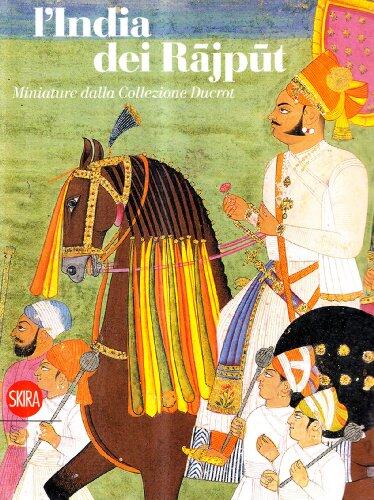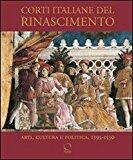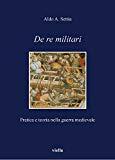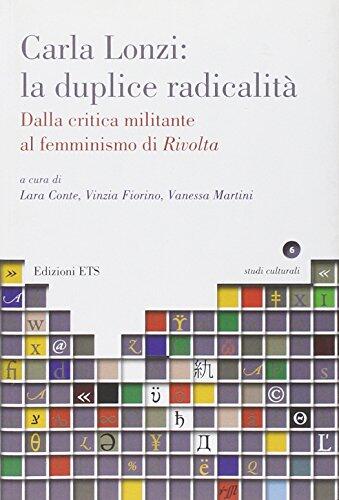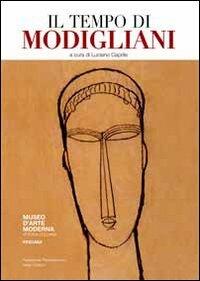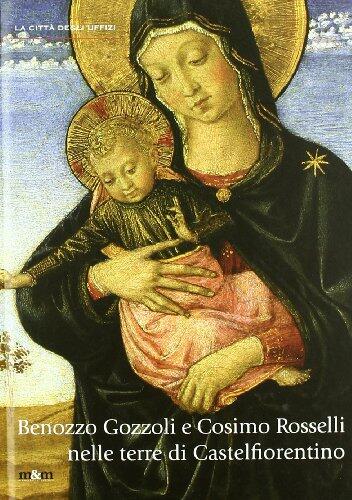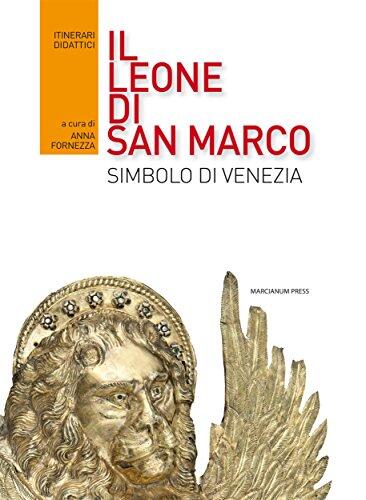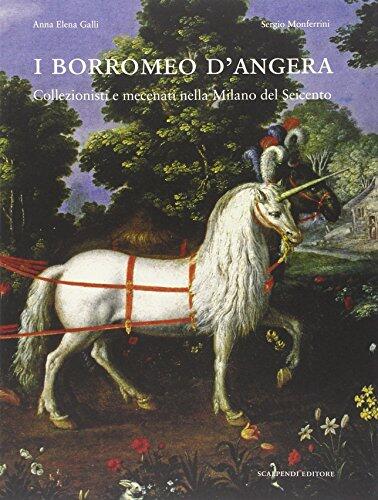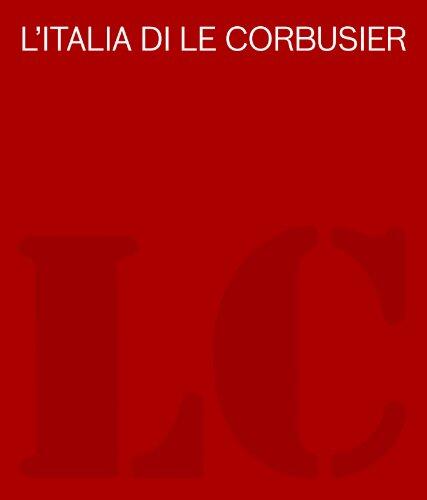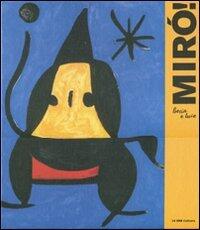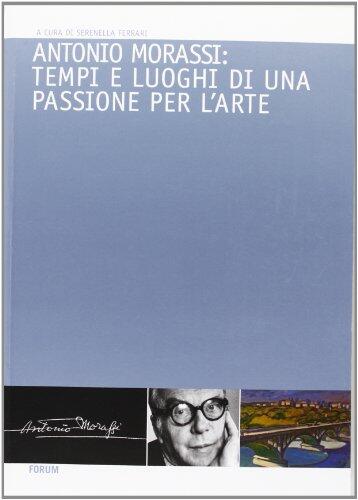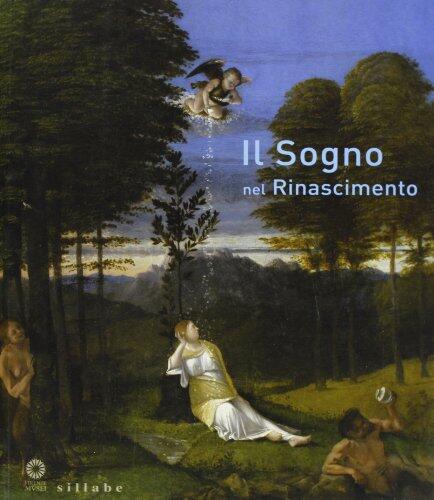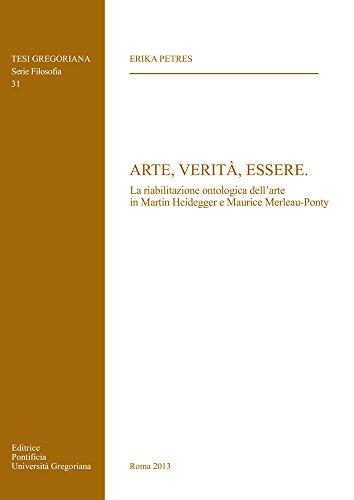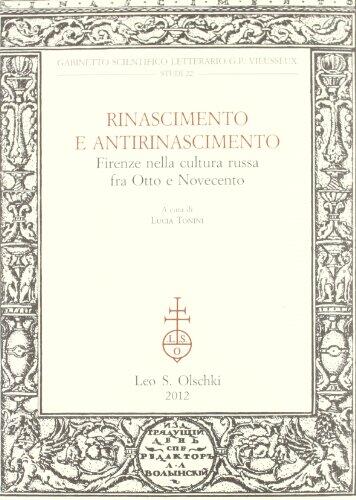
Rinascimento e Antirinascimento. Firenze nella cultura russa fra Otto e Novecento
由
Tonini L.
还没有评分
Art & Photography
格式
平装书
页数
233
语言
意大利语
已发布
Jan 1, 2012
出版商
Casa Editrice Leo S. Olschki
ISBN-10
8822261682
ISBN-13
9788822261687
描述
In this insightful exploration of the intersections between Russian culture and the Renaissance, the author delves into the profound influence that Florence exerted on Russian intellectuals from the late 19th to early 20th centuries. By examining various artistic and literary movements, the author highlights how the ideals of the Renaissance inspired a generation of Russian thinkers, even as they navigated the tumultuous sociopolitical landscape of their own time.
Through a detailed analysis of prominent figures and their works, the narrative reveals how the appreciation for Florentine art and philosophy sparked a creative awakening in Russia. The author pays particular attention to the contrasting currents of thought, illustrating the dual nature of revival and rejection inherent in the Russian response to the Renaissance. This duality serves as a backdrop for understanding the evolution of Russian culture during an era marked by change and experimentation.
Ultimately, the work invites readers to reconsider the legacy of the Renaissance, showcasing its enduring relevance and its ability to resonate across borders and cultures. The rich tapestry of ideas presented not only sheds light on the dynamics between two distinct cultures but also offers a compelling lens through which to view the broader historical narrative of artistic and intellectual exchange.
Through a detailed analysis of prominent figures and their works, the narrative reveals how the appreciation for Florentine art and philosophy sparked a creative awakening in Russia. The author pays particular attention to the contrasting currents of thought, illustrating the dual nature of revival and rejection inherent in the Russian response to the Renaissance. This duality serves as a backdrop for understanding the evolution of Russian culture during an era marked by change and experimentation.
Ultimately, the work invites readers to reconsider the legacy of the Renaissance, showcasing its enduring relevance and its ability to resonate across borders and cultures. The rich tapestry of ideas presented not only sheds light on the dynamics between two distinct cultures but also offers a compelling lens through which to view the broader historical narrative of artistic and intellectual exchange.
